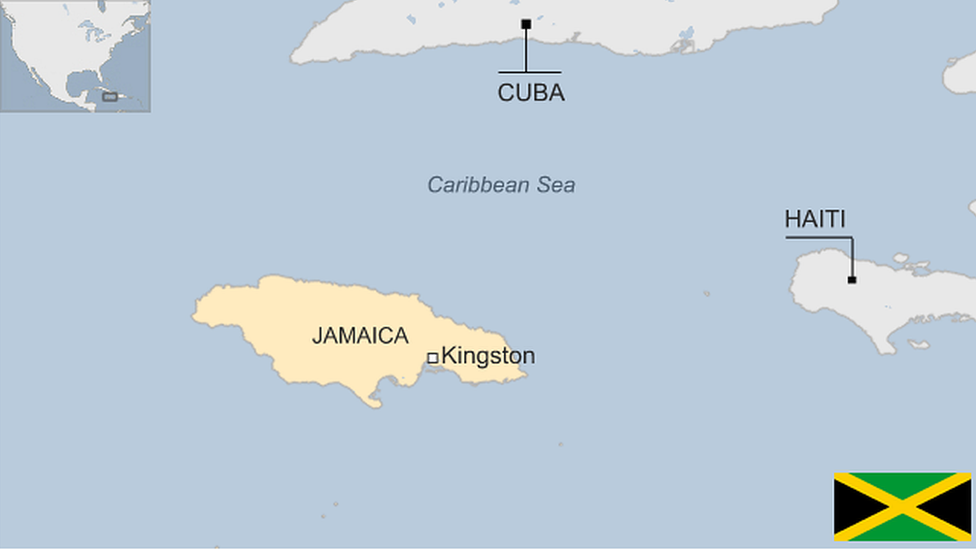Cayman Islands profile
- Published
This page is no longer being updated. It was last updated on 27 March 2023
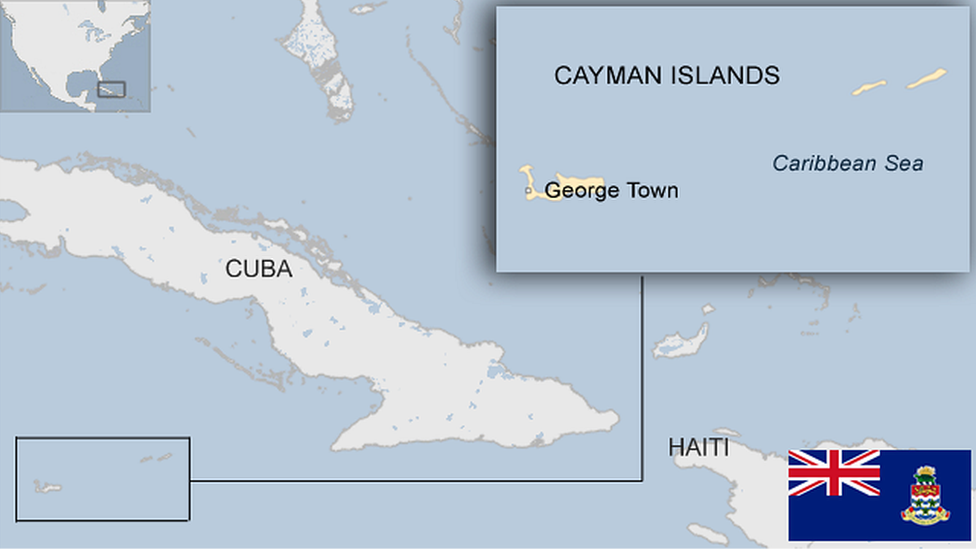
One of the world's largest financial centres and a well-known tax haven, this British overseas territory in the Caribbean has more registered businesses than it has people.
Tourism, banking and property are big money earners, making the islands financially self-sufficient. Discovered by Christopher Columbus in 1503, Grand Cayman and its sister islands, Cayman Brac and Little Cayman, boast beaches, coral reefs and abundant marine life. However, Hurricane Ivan pounded the main island in 2004.
Once a dependency of Jamaica, the Cayman Islands came under direct British rule after Jamaica declared independence in 1962. Granted greater autonomy in 1972, the islands gained a high degree of self-government under the 2009 constitution but its first premier, McKeeva Bush, was ousted in a corruption scandal in 2012.
Sometimes criticised as a haven for tax evaders, the Cayman Islands feature in the 2017 leak dubbed the Paradise Papers, which reveal the financial dealings of politicians, celebrities, corporate giants and business leaders.
Read more country profiles , external- Profiles by BBC Monitoring, external
CAYMAN ISLANDS: FACTS
Capital: George Town
Area: 264 sq km
Population: 78,500
Language: English
Life expectancy: 78 years (men) 83 years (women)
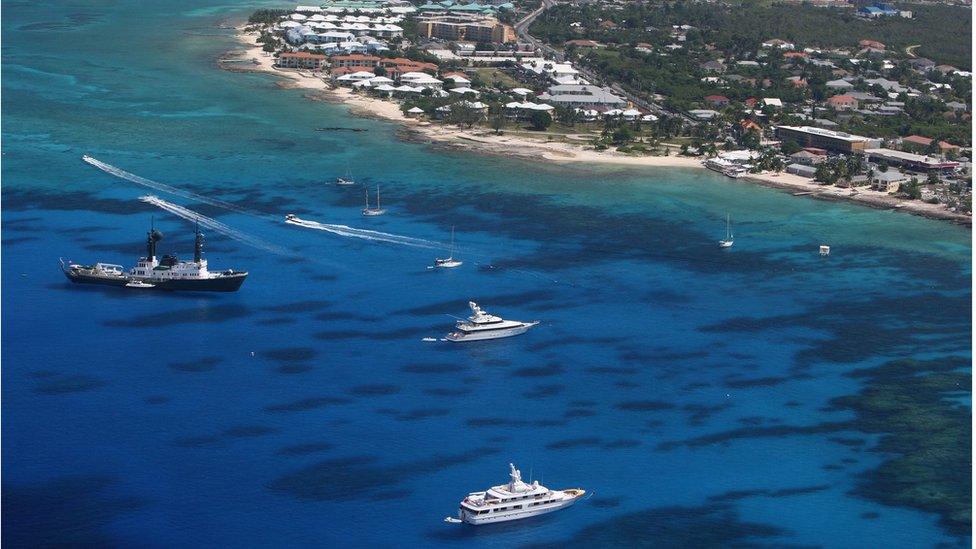
The authorities have had to enforce stricter banking regulations on the territory known as a tax haven
LEADERS
Head of state: King Charles III, represented by a governor
Premier: Wayne Panton
Mr Panton took over in April 2021 after the outgoing coalition government failed to keep its majority at elections.
A lawyer by professions, Wayne Panton sits in parliament as an independent, as do most MPs.
MEDIA
Four TV stations are on the air in the Caymans, two of them run by religious organisations. Cable and satellite offer a variety of US and international stations.
TIMELINE
Some key dates in the history of the Cayman Islands:
1503 - Navigator Christopher Columbus sights the islands.
1670 - Spain cedes the islands, along with Jamaica, to the English under the terms of the Treaty of Madrid.
1794 - Legendary "Wreck of the Ten Sails": A ship hits a reef off Grand Cayman, closely followed by its convoy of nine vessels.
1832 - Legislative assembly set up.
1863 - Caymans become a Jamaican dependency, administered by an appointed commissioner.
1877 - Grand Cayman, Cayman Brac and Little Cayman come under common administration.
1959 - Caymans join short-lived Federation of the West Indies.
1962 - Federation of the West Indies dissolves. Jamaica declares independence. Caymans stay under British rule; a separate administrator is appointed.
1971 - Title of administrator is changed to governor.
1972 - New constitution provides for a greater autonomy.
1994 - Constitution modified.
2002 - British Overseas Territories Act grants British citizenship to all Caymanians.
2004 - Hurricane Ivan, one of the strongest Atlantic hurricanes on record, causes widespread destruction on Grand Cayman.
2009 - Territory joins OECD's global "white list" of countries using internationally recognised tax standards.
2010 - British police brought in to help tackle gang-related crime.
2012 - Premier McKeeva Bush is arrested as part of a corruption investigation, with charges including misuse of a government credit card and importing explosive materials. He denies all charges. Parliament passes vote of no confidence in him after he refuses to resign, effectively removing him from the premiership.
2013 - Bermuda, the British Virgin Islands, the Cayman Islands, Anguilla, Montserrat and the Turks and Caicos Islands sign agreements on sharing tax information with Britain, France, Germany, Italy and Spain as part of an international drive against tax evasion.
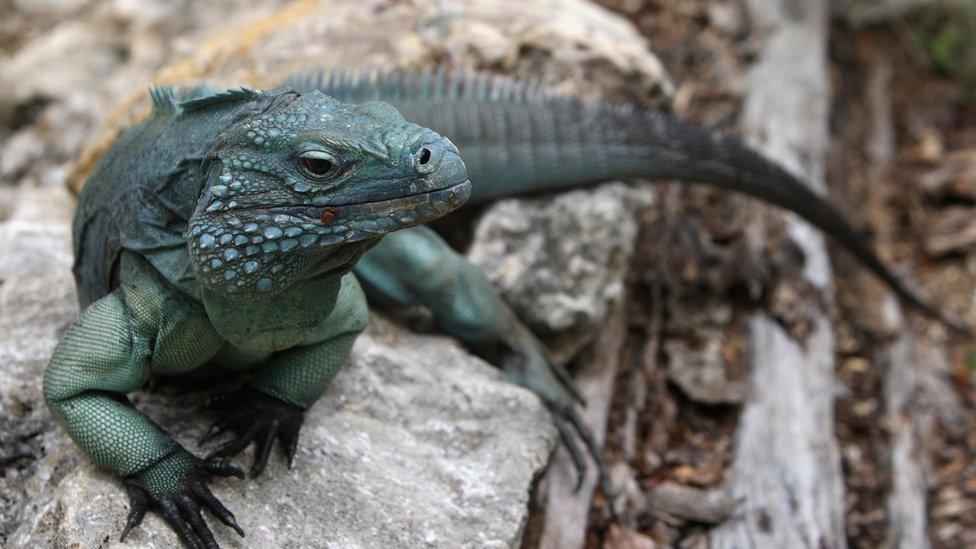
Grand Cayman is home the Blue Iguana, an endangered reptile which was once common on the island
Related topics
- Published29 August 2023
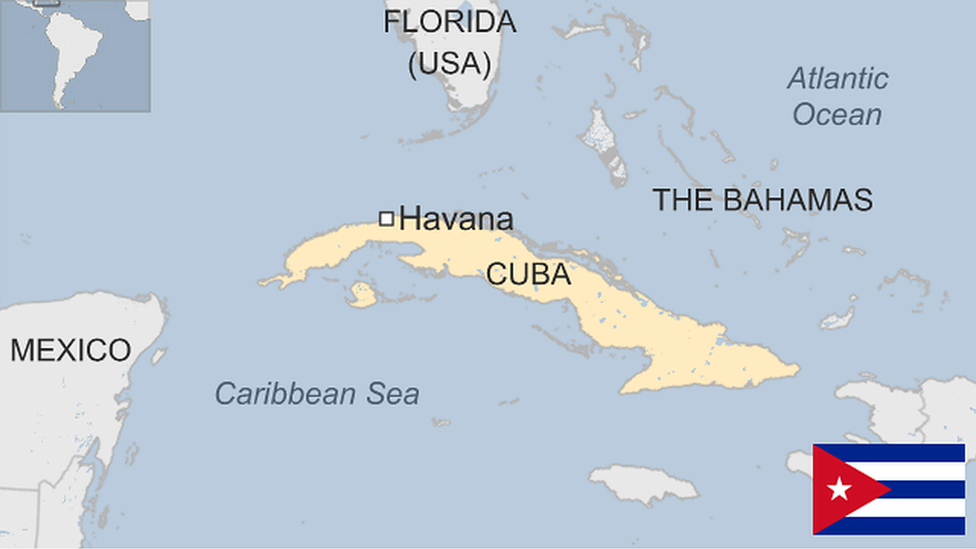
- Published4 August 2023
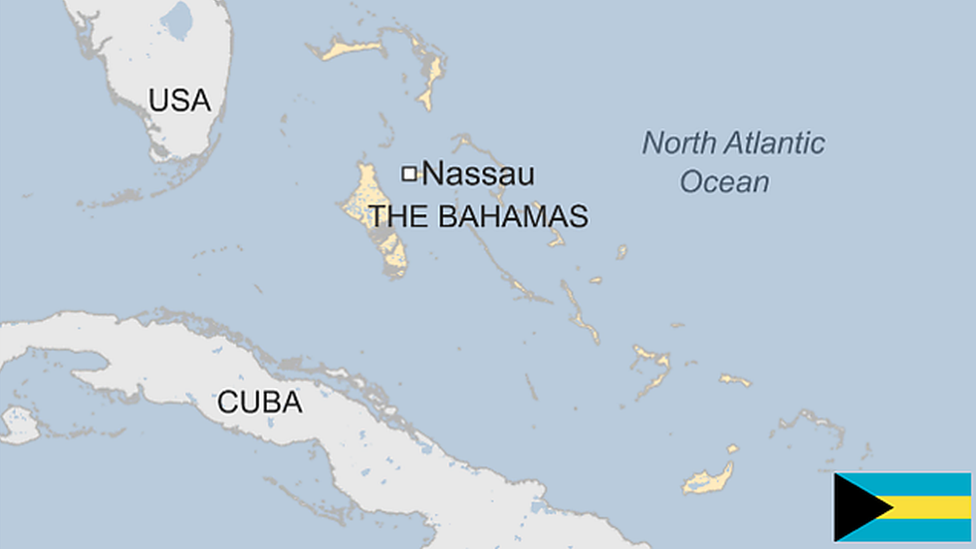
- Published31 March 2023
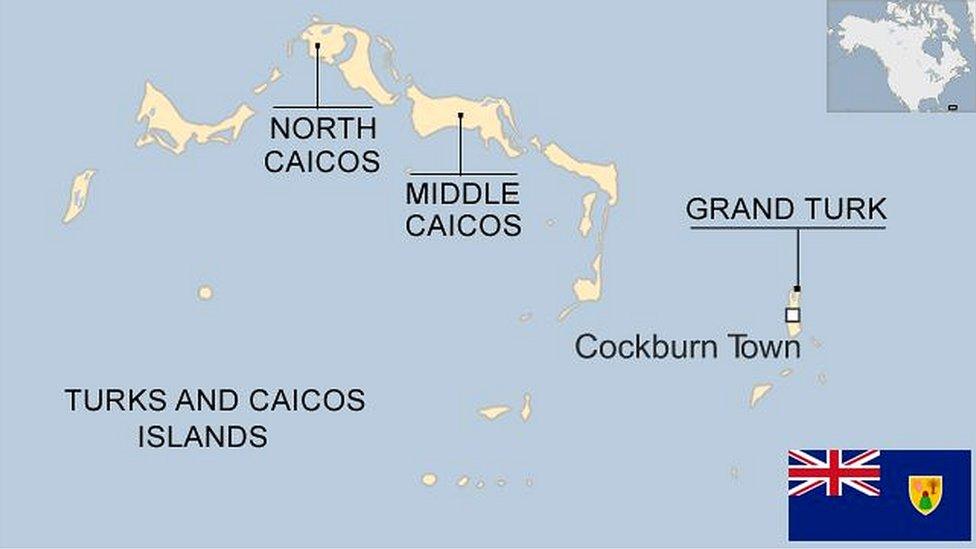
- Published21 May 2024
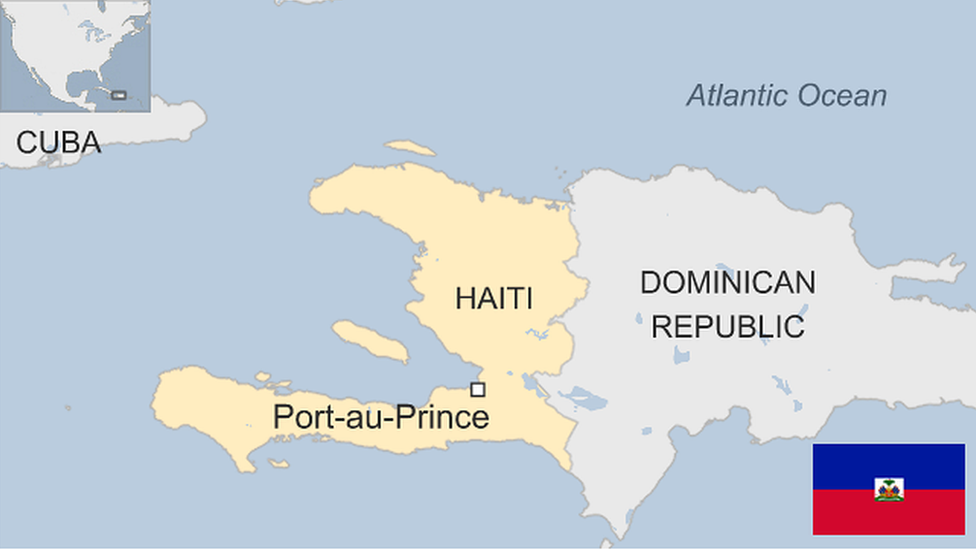
- Published2 April 2024
